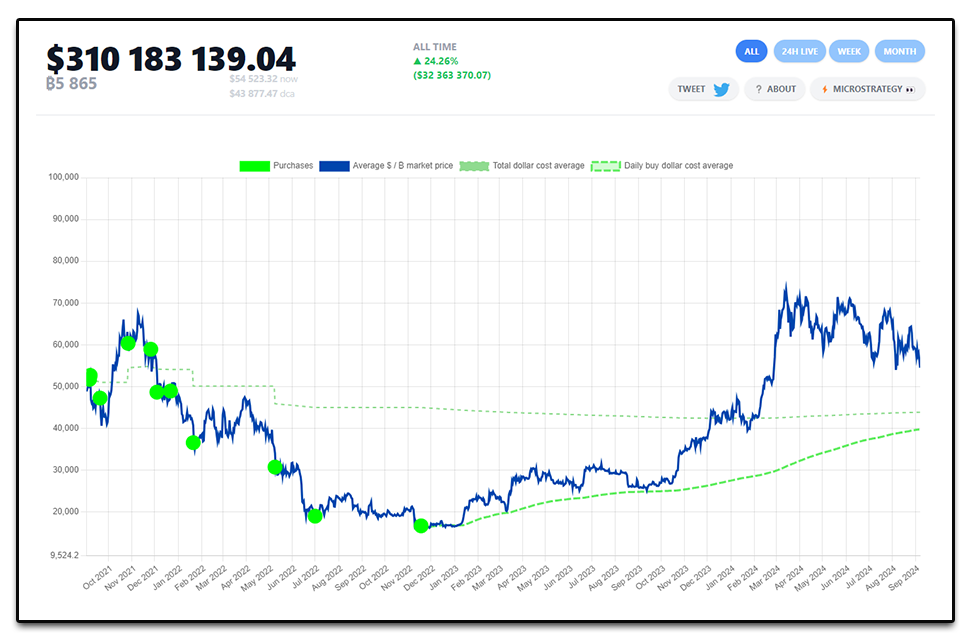Three years ago, a groundbreaking event took place that positioned El Salvador as a true pioneer in the global financial arena. On September 7, 2021, this Central American nation took a daring leap by declaring Bitcoin as its legal tender, a move unparalleled by any other nation worldwide. This bold decision was followed by the Central African Republic, which adopted Bitcoin as legal tender on April 22, 2022. This narrative explores the aftermath of El Salvador’s remarkable venture into the world of digital currency, showcasing the country’s performance post-adoption and unraveling the fascinating tale of a taxi driver who soared to millionaire status through Bitcoin.
The declaration of Bitcoin as legal tender by El Salvador’s president, Nayib Bukele, was a gamble that caught the eyes of the world. Bukele’s unwavering stance remained solid despite numerous cautions from global institutions about the notorious volatility associated with cryptocurrencies. El Salvador’s bold move etched their name in history, demonstrating an unparalleled level of commitment to embracing digital assets and risking national financial stability for a digital currency future. This tiny nation, under Bukele’s leadership, became a beacon for digital innovation, staking its claim as a digital asset pioneer.
El Salvador’s strategic approach to Bitcoin investment involved a disciplined routine of purchasing one Bitcoin every day since 2021, adopting the dollar-cost averaging method. This strategy was not only consistent but opportunistic, allowing the nation to amass a significant number of coins during market dips. According to data from Nayib Tracker, El Salvador’s Bitcoin stash has reached an impressive 5,865 coins, valued at approximately $310 million, netting a profit margin of 24.26% or $32.36 million. The average purchase price of their Bitcoin holdings stands at $43,877.47 per BTC, showcasing the effectiveness of their investment strategy despite the market’s notorious fluctuations.

One of the most heartwarming ripple effects of El Salvador’s Bitcoin adoption is the story of Napoleon Osorio, a former taxi driver who transcended his financial struggles to become a millionaire businessman. The turning point came when the founder of the NGO My First Bitcoin urged him to accept fares in Bitcoin. Embracing this advice transformed his life, leading to the establishment of Bit-Driver, a rental car business employing 21 drivers. Osorio’s journey from financial despair to empowering others to earn their livelihood is a testament to the transformative potential of Bitcoin in El Salvador. The cryptocurrency phenomenon has redefined the economic landscape, benefiting diverse sectors ranging from juice bars to ice cream parlors.
Despite the notable successes and transformative stories emerging from El Salvador’s Bitcoin journey, a significant portion of the population remains hesitant to dive into the cryptocurrency world. However, the nation’s economic indicators and growth trajectory signal a positive trend, overshadowing the reluctances of some citizens to embrace Bitcoin fully.
For more in-depth analysis and trending news articles like this, visit DeFi Daily News.
Conclusion
El Salvador’s venture into making Bitcoin legal tender has been nothing short of a rollercoaster ride. With the eyes of the world closely watching, this bold experiment has offered invaluable insights into the intersection of cryptocurrency and national economies. While critics and proponents alike continue to debate the merits and risks of this move, the tangible outcomes observed thus far suggest a compelling narrative of innovation, resilience, and transformation. The journey of El Salvador, from its strategic Bitcoin acquisitions to empowering individual success stories like that of Napoleon Osorio, underscores a broader theme of financial empowerment and technological embrace. The path ahead remains fraught with uncertainties and challenges inherent to the volatile nature of cryptocurrencies. However, El Salvador’s odyssey in the digital currency realm highlights a fascinating experiment in national economic strategy and the untapped potential of cryptocurrencies to reshape livelihoods and entire economies. As the world continues to watch and learn from El Salvador’s Bitcoin saga, one thing is clear: the fusion of technology and tenacity can indeed pave the way for remarkable changes — a testament to what’s possible when nations dare to innovate.



















